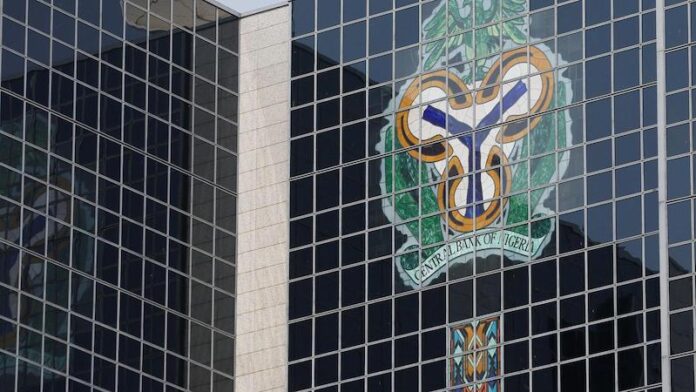Following persistent fluctuations of the naira exchange rate, the Central Bank of Nigeria (CBN) has permitted banks to sell foreign exchange at rates determined by them.
With the banks determining their own prices, customers may find better deals on FX compared to the previous system while customers can compare the prices offered by different banks, as prices are set by the market.
The Director, Financial Markets Department of the CBN, Dr Omolara Omotunde, said in a circular FMD/DIR/PUB/CIR/001/012 addressed to “All Authorized Dealers”, that the apex bank had decided to discontinue “any cap on the spread on interbank foreign exchange transactions and restrictions on the sale of interbank proceeds.”
The circular emerged on a day CBN Governor Olayemi Cardoso told the Senate that the bank had suspended granting of Ways and Means to the federal government until the settlement of the outstanding balance.
Consequent upon the removal of the caps on the spread on interbank foreign exchange transactions, the banks are now free to establish their own prices based on supply and demand.
This allows the market to determine what it considers a fair rate for foreign currencies, particularly the US dollar.
The banks now have more flexibility to sell FX to anyone they choose, and this change according to some analysts, could result in a quicker and more convenient access to foreign currency for businesses and individuals.
The CBN said Authorised Dealers are to continue to conduct their foreign exchange transactions on a ‘Willing Buyer and Willing Seller’ basis and are to “strictly adhere to high ethical standards in their dealings in the foreign exchange markets. This includes but not limited to adopting appropriate price disclosures and transparency for transactions.”
But the CBN is demanding transparency from the banks, requiring them to clearly display their prices, refrain from deceiving customers, and report all transactions to it (CBN).
It promised to continue to monitor the market and make adjustments as required.
The CBN expects this new approach to promote fairness and efficiency in the FX market, eliminate artificial distortions and ensure that everyone can access FX at a reasonable price.
It was gathered that the apex bank also intends to encourage greater foreign investment by simplifying the process of buying and selling FX, attract more foreign investors with a view to stimulating the national economy and discourage the use of the black market.
International Money Transfer Operators (IMTOs) have started complying with the January 31, 2024 CBN directive stopping them from dollar transfers to Nigeria. These include WorldRemit and Western Union.
Payments are now to be made in naira in respect of inbound transfers of remittance services from outside the country.
On Foreign Exchange Management, the CBN boss said the nation’s “foreign exchange market is currently facing increased demand pressures, causing a continuous decline in the value of the naira.
“Factors contributing to this situation include speculative forex demand, inadequate forex supply, increased capital outflows, and excess liquidity.
“The shift to a market-driven exchange rate was intended to create a stable macroeconomic environment and discourage currency hoarding.
“However, short-term volatilities are attributed to arbitrage and speculation.
“To address exchange rate volatility, a comprehensive strategy has been initiated to enhance liquidity in the FX markets.
“This includes unifying FX market segments, clearing outstanding FX obligations, introducing new operational mechanisms for BDCs and IMTOs, enforcing the Net Open Position limit, Open Market Operations and adjusting the remunerable Standing Deposit Facility cap among others.

























